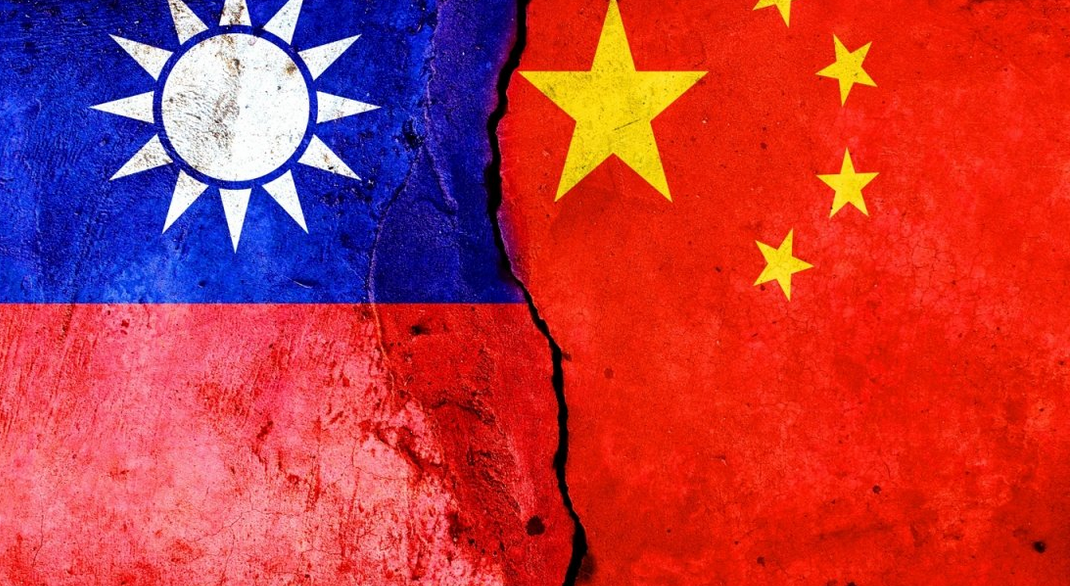Lai Ching-te, alongside his running mate Hsiao Bi-khim, secured over 5.5 million votes in Taiwan’s presidential election. The electoral system, employing a first-past-the-post voting method, declared them winners with the highest percentage of votes among presidential-VP pairings. Voter turnout surpassed 70%, with 19.5 million eligible Taiwanese voters.

As the anticipated successor to outgoing President Tsai Ing-wen, Lai’s victory aligned with earlier predictions. His main rival, Kuomintang’s candidate Hou Yu-ih, closely followed with 33.5% of the vote, while the Taiwan People’s Party’s Ko Wen-Je trailed behind at 26.5%.
Lai, addressing the press, emphasized the significance of the election as a triumph for Taiwan’s democracy. In the face of China framing the election as a choice between “peace and war,” Lai asserted Taiwan’s commitment to democracy amid escalating tensions.
In response to the election outcome, Beijing maintained its stance on Taiwan’s reunification, calling it “inevitable.” The statement by Beijing’s Taiwan Affairs Office spokesperson Chen Binhua was carried by state news agency Xinhua. Meanwhile, President Joe Biden reiterated the U.S.’s non-support for Taiwan’s independence.

Lai, previously sworn in as vice president in 2020, faced accusations of separatism from Beijing. He vowed to uphold Tsai’s policy of maintaining the status quo, rejecting open declarations of independence while also refusing China’s sovereignty claims. Acknowledging the responsibility to ensure peace in the Taiwan Strait, Lai expressed hopes for renewed dialogue with China. Simultaneously, he emphasized the commitment to bolster Taiwan’s military defense against ongoing threats and intimidation from China, asserting the successful resistance of external influences on the election.

